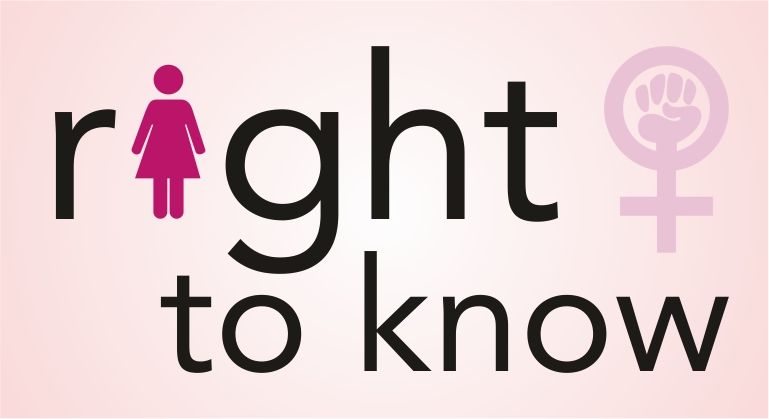September 28 is celebrated as “Right to Know Day”, and today this day has become much bigger than a right of access. It now connects with the value of reusing government data in innovative and engaging ways.
The “right to know” initiative can be traced back to 2002. This marks the time when this movement took a small step, which snowballed into a larger motive – expression of the right to knowledge.
International Right to Know Day began on Sept. 28, 2002, when freedom of information organizations from around the world came together in Sofia, Bulgaria. They formed the FOI Advocates Network, a global coalition working together to promote the right of access to information for all people and the benefits of open, transparent and accountable governments. The FOI Network proposed that 28 September be nominated as international “Right to Know Day” in order to symbolise the global movement for promoting the right to information.
Ushering in the decision to commemorate Sept. 28 meant that this day was to be considered as a way to share ideas, strategies and success stories about the development of freedom of information laws and genuinely transparent governance in their own nations. For instance, citizens have the right to know how elected officials are governing and what the tax-payer’s money is spent on.
Significantly, the goal of Right to Know Day is to raise global awareness of individuals’ right to access government information and to promote access to information as a fundamental right.
In 2015, the UNESCO General Assembly declared Sept. 28 to be “International Day for the Universal Access to Information.”
Today Right to Know Day has become much bigger than a right of access. It now connects with the value of reusing government data in innovative and engaging ways. It is a day on which citizens and governments from around the world can support and promote open, democratic societies in which there is full citizen empowerment and participation in government.
The right to information is something that entrepreneurs really need to treasure, as they need to access all business information specially when they are in the process of starting their business. In fact, it can go back to the time when an entrepreneur takes the decision to go off on his own. This is the time, when he or she weighs out all options, till the final decision is made.
All businesses have access to an extensive pool of knowledge. It could be in their understanding of customers’ needs and the business environment or the skills and experience of staff. The way a business gathers, shares and exploits this knowledge can be central to its ability to develop successfully. Knowledge management can benefit everyone from a local newsstand to a manufacturing firm. It’s critical how you can best harness and exploit this information and how to create a knowledge strategy for your business.
And, in the larger scheme of things, we must remember that entrepreneurs are good for the economy and employment.
The government supports innovative startups and helps them grow. The Government of India has undertaken several initiatives and instituted policy measures to foster a culture of innovation and entrepreneurship in the country. We know that job creation is a foremost challenge facing India. With a significant and unique demographic advantage, India, however, has immense potential to innovate, raise entrepreneurs and create jobs for the benefit of the nation and the world.
In the recent years, a wide spectrum of new programmes and opportunities to nurture innovation have been created by the Government of India across various sectors. From engaging with academia, industry, investors, small and big entrepreneurs, non-governmental organizations to the most underserved sections of society.
Recognising the importance of women entrepreneurship and economic participation in enabling the country’s growth and prosperity, Government of India has ensured that all policy initiatives are geared towards enabling equal opportunity for women. The government seeks to bring women to the forefront of India’s entrepreneurial ecosystem by providing access to loans, networks, markets and trainings. Some of these initiatives are: Star-up India, Make in India, Atal Innovation Mission (AIM), Support to Training and Employment Programme for Women (STEP), Jan Dhan- Aadhaar- Mobile (JAM), National Skill Development Mission and so on.
So, Right to Information stays upfront …pushing the growth of business, so to say.










